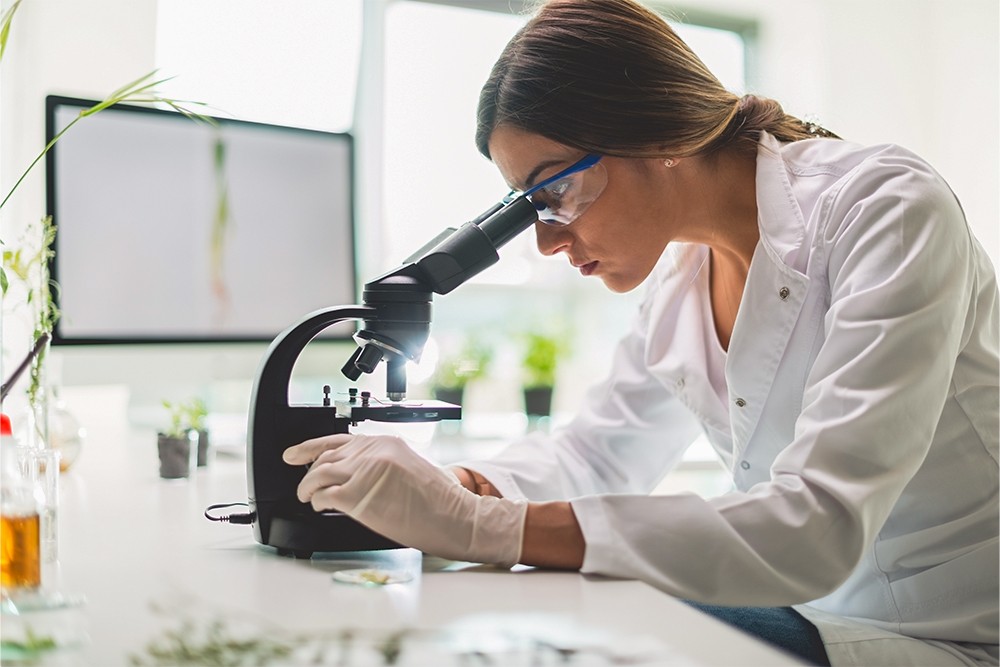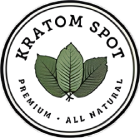
Kratom is a powerful tool for health, wellness, and getting the most out of users’ lives. But unfortunately, there are many disreputable vendors out there looking to take advantage of the kratom community.
Because these vendors sometimes sell inferior, misleading, or even dangerously adulterated products under the “kratom” label, it’s important that reputable vendors like Kratom Spot do everything they can to ensure a safe, consistent, and enjoyable kratom experience.
The key component in that pursuit? Kratom Lab Testing.
What Is Kratom Lab Testing?
Kratom lab testing is one of the most crucial steps that kratom vendors can take to ensure that their products are safe, potent, and consistent.
As the name implies, kratom lab testing happens when a kratom vendor sends their kratom products to a third-party laboratory for comprehensive, exhaustive testing.
That “third party” factor is absolutely critical. Only by using independent, unbiased, professional laboratories can the testing have any meaning. If a company were to perform its kratom lab testing in-house or through an affiliate lab, it would open up the potential for abuse, misrepresented results, and dangerous products making their way into your hands.
What Does Kratom Lab Testing Look For?
In lab testing, kratom is examined for several key features. Among these, the tests ensure:
Potency
The concentration of the active compounds in Kratom determines whether or not you’re getting your money’s worth from the products you buy. A kratom product too low in mitragynine, for example, may not provide the outcome you’re trying to achieve, while one that is too high may cause a more potent result than you intended.
Consistency
In the United States of America, Kratom is sold for research and educational purposes only. In order to get the most consistent results, you need a dependable product that delivers the right concentration of active ingredients. When you buy lab-tested Kratom, it’s measured against the key parameters set by the manufacturers to ensure consistent quality.
Lack of Chemical Contaminants
When dealing with botanicals, there are plenty of opportunities for unwanted chemicals to contaminate a batch. Insecticides, pesticides, chemical fertilizers, and solvents used in processing can all make their way into a product, and lab testing serves as your last line of defense against these threats.
Lack of Biological Contaminants
Improper handling can expose Kratom products to biological contamination, as it did in 2018 when the CDC was made aware of a Salmonella outbreak linked to Kratom. Lab testing could have potentially stopped this outbreak before it happened, allowing for the identification of the source, quarantine of the tainted Kratom, and investigation into how it happened and how to stop it from happening again.
Finding Kratom Vendors With Comprehensive Lab Testing
Finding the best kratom vendor can be tricky, and it’s not always clear which vendors have done their due diligence with kratom lab testing. The right kratom vendor for you will clearly display that their products have been thoroughly tested.
That’s one of the main reasons that the American Kratom Association (AKA) has put in place their GMP Certification standard.
Companies that have earned this certification, such as Kratom Spot, are regularly monitored for the industry’s highest standards. These include, of course, the most crucial step: comprehensive kratom lab testing.
But the certification goes above and beyond lab testing, including:
- Exacting hygiene procedures for all equipment and personnel involved at any stage of the kratom manufacturing process.
- Use of cutting-edge machinery that minimizes kratom’s exposure to potential contaminants.
- Established and well-documented procedures to produce consistent, quality kratom from batch to batch.
- Absolute transparency regarding the origins of each batch of kratom leaf, establishing a transparent chain of possession for all raw and finished kratom materials.
- Regular audits by independent inspectors who verify the integrity, transparency, and adherence to AKA protocol of the certified vendor.
- And, of course, comprehensive, independent testing of every batch to ensure the purity, potency, and quality of the kratom, both before and after the leaf is processed into kratom powder.
Finding a GMP-certified vendor is the best way to be certain that the vendor is legitimate, has their customers’ health and safety in mind, and does everything they can to ensure safety, quality, and consistency in every kratom product.
The Risks of Untested Kratom
Tests look for a lot, but the safety features are by far the most important.
Without lab testing, kratom has the potential to bear a number of harmful contaminants, including:
- Heavy metals
- Harmful microbes (such as in the 2018 salmonella contamination)
- Pesticides
- Contamination with illicit drugs
Needless to say: that’s bad stuff that you don’t want anywhere near your kratom.
Certificates of Analysis: The Proof of Good Testing
As mentioned, the surest, easiest way of ensuring that your kratom vendor is using comprehensive testing is by buying through one of the AKA’s GMP Certified Vendors.
But if you are considering looking elsewhere for your kratom needs, ensure that the vendor can provide comprehensive Certificates of Analysis for each and every one of their products.
These Certificates are, simply put, the results of the independent kratom lab testing. They’ll show the potency, any found contaminants, and many other useful details like the name of the lab that performed the test.
Just be sure that these Certificates line-up, and consider doing a little research into the lab itself. Again, an internal lab or one directly affiliated with the vendor is not trustworthy.

